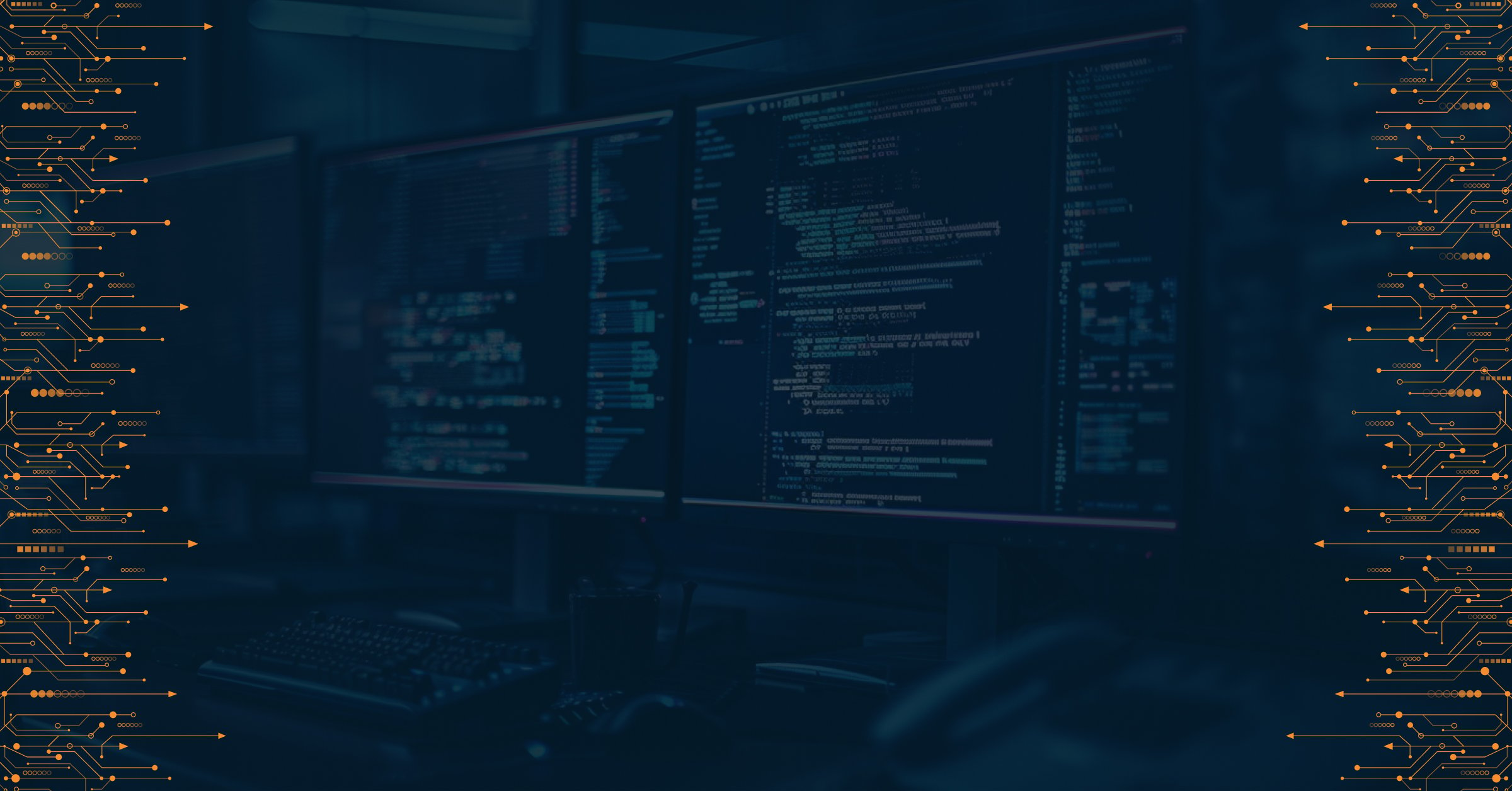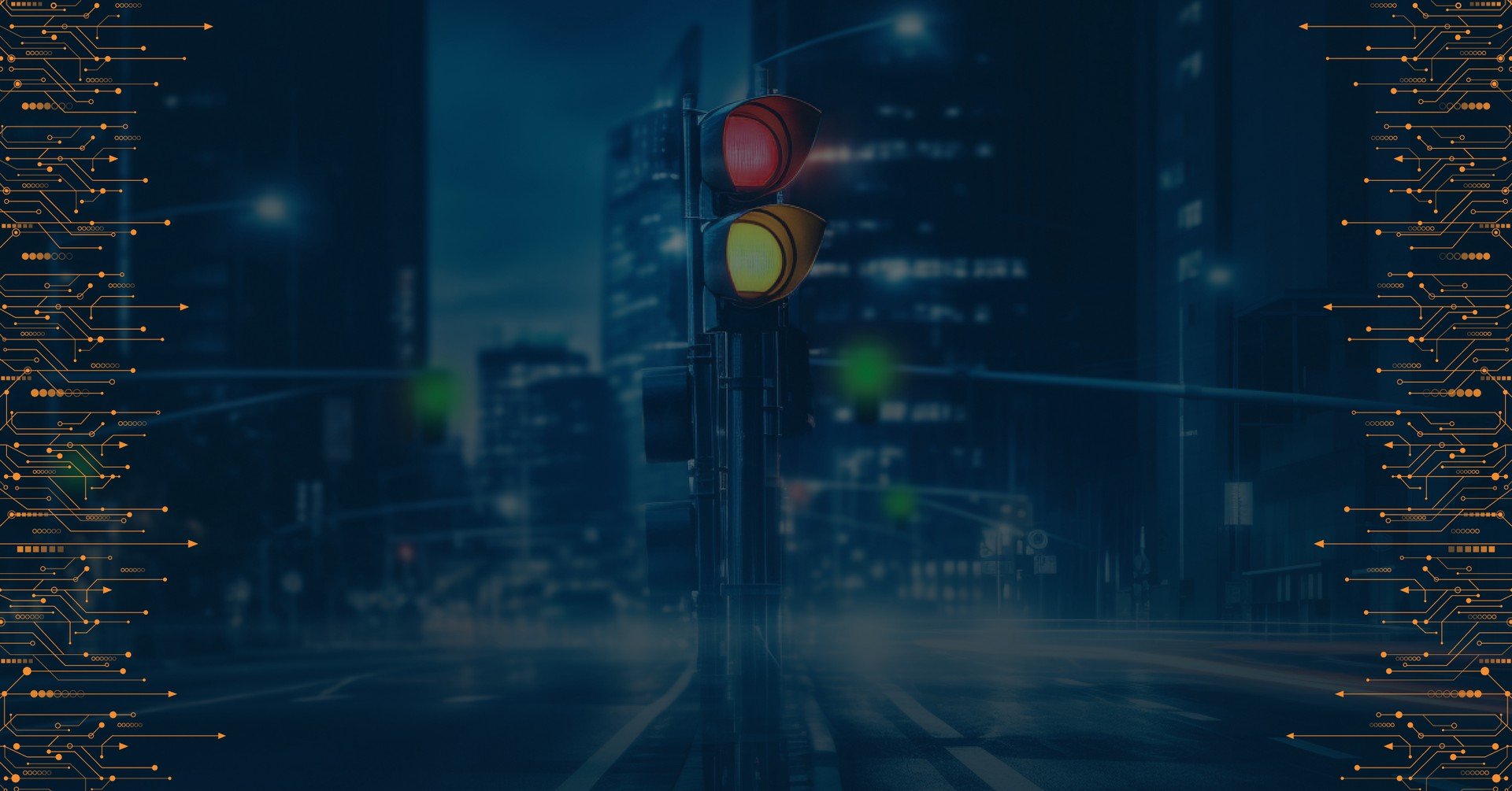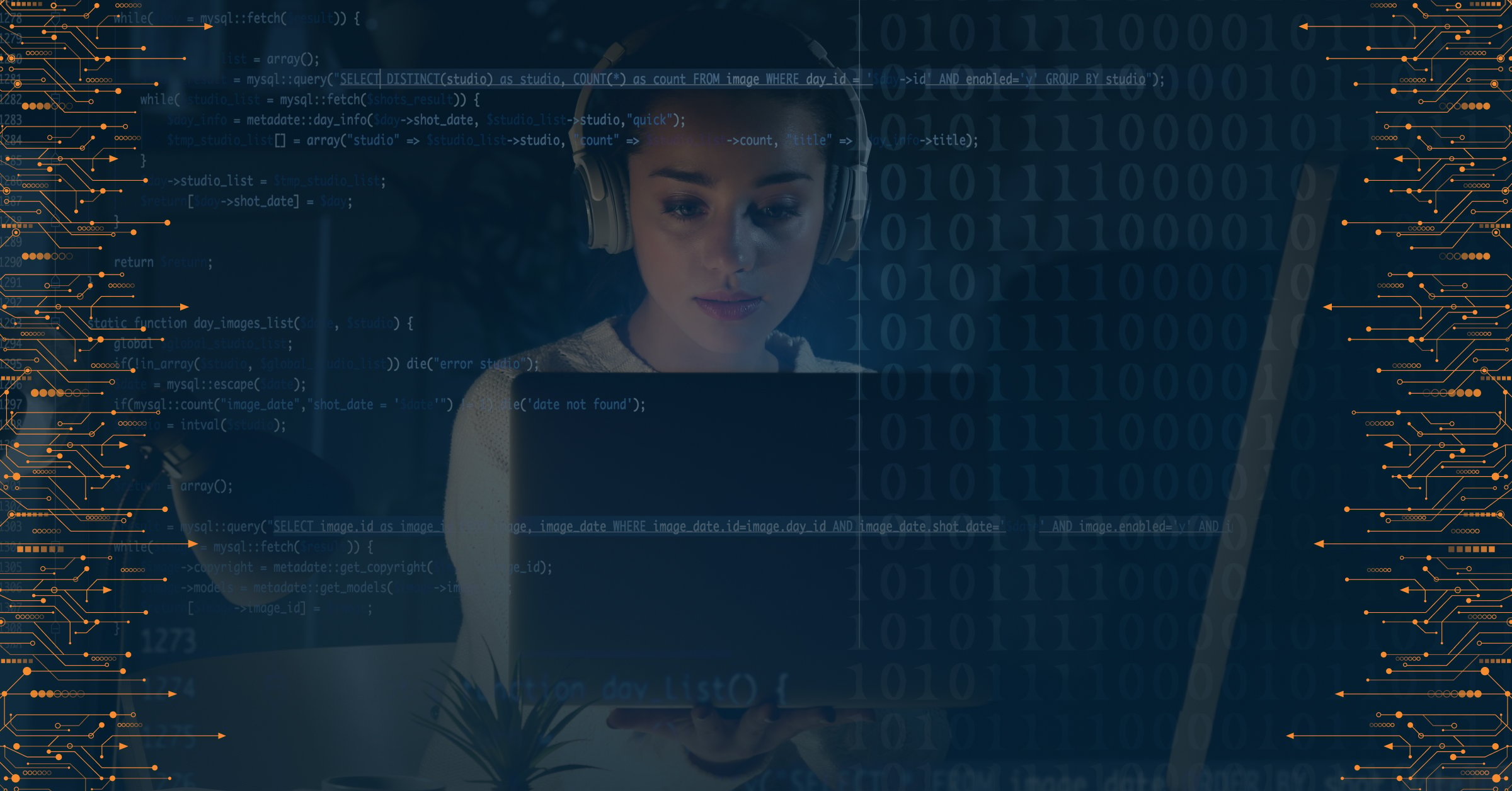In a recent Insight Report published by the World Economic Forum, geopolitics has been a major determiner in the world's cybersecurity strategies by a whopping 70%. To understand the significance of cybersecurity in the supply chain, we have to break down this term and understand it.
Supply chain concerns all the workforce, institutions and organizations, and other relevant parties that are taking part in delivering their product to their valuable end user. Cyber resilience interprets the capabilities of an organization towards the reception of a cyberattack. Robust, in this context, means sturdy cybersecurity.
To be precise, in this article, we will deal with the importance of adequate cybersecurity in a company's supply chain. Let’s discuss ways in which we can improve the defense of our cyber systems in the supply chain.
Why Improving Cybersecurity of Your Supply Chain Matters
Everything is interconnected
In the year 2022, approximately 6% of the superiors described that they lacked the skills and workforce that were required to respond to a cyberattack, and this rate multiplied the following year.
Compared to small start-ups and/or medium-sized organizations, the bigger renowned corporations have an increased number of personnel and more advanced technologies, resources, and funds.
This is an issue of great importance that should be understood by both sides equally. The resource restraints of smaller or middle-sized businesses can affect their cybersecurity capabilities, and this gap can eventually affect their bigger partners, vendors, and third or fourth parties. If a smaller organization (that is connected to a bigger player on a supply chain) is compromised, this could eventually lead to a newly found access point that can allow the threat actors to compromise more parties on the supply chain.
Therefore, while tighter budgets or small-scale resources are understandable for smaller enterprises, cybersecurity still should be a top priority for them. Hiring personnel with an affinity for cybersecurity or consulting a cybersecurity company about their solutions is a first step towards better cyber resilience.
Small issues can lead to enormous consequences
The cybersecurity of your supply chain is important as a minor loophole can easily set you back for longer periods of time. This also means the coming together of a bad product. A bad product translates to a bad image of the company and a weaker bond between the customer and the company.
That showcases the image of your supply chain to the customer which can put you at a disadvantage. Not to mention that with the NIS2 directive being transposed to national laws by October 2024, companies and management teams will be held liable in case they fail to properly address their cybersecurity and supply chain risks in advance.
The growing number of cyberattacks is not to be taken lightly
The supply chain has been a target of many kinds of cyberattacks. This includes malware, unauthorized accesses, crypto-jacking, denial of service attacks, and watering hole attacks, etc.
These kinds of attacks are specifically designed to harm a supply chain to its core. You can minimize these risks by becoming adequately protected in your supply chain. Your ability to understand your current shortcomings and know how to fix these is a responsibility that should not be postponed - unless you want to face juicy fines under the NIS2 directive - or far worse consequences of prominent cyberattacks.
Benefits of a Strong Supply Chain Cybersecurity
Improved Management
By having good supply chain cybersecurity, it becomes easier to handle management-related tasks securely and efficiently.
This can include the systems which are used to create and store records of every element of the organization.
This can include records of the employees, clients, infrastructure, projects, etc.
Having strong cybersecurity in the management department leads to a reinforced management system thus leading to a secure workflow, ensuring all sensitive information stays well-protected.
Stronger Relationship Between Public and Private Sectors
The relationship between public and private sectors is also important in this regard.
This is significant as government personnel have access to information that is classified.
However, exactly for this reason, the expertise and abilities of private companies are particularly useful in this regard as they can help in explaining how to improve the cybersecurity standards, providing a sound defense from any cyberattack.
In this way, an environment can be created through which both the public and private sectors can benefit from each other’s strategies and abilities, nurturing safe information-sharing.
Increased Overall Security
Improved security doesn’t only contribute to a supply chain’s overall defense.
Due to the various aspects of the supply chain like interacting with different organizations, suppliers, and vendors, stronger cybersecurity can also make the system more responsive and efficient. You can use this to easily manage for further planning ahead without worrying about being compromised due to weak links in your supply chain.
This also means that there will be a reduction in the cost of maintenance of your supply chain (compared to potential costs related to a supply chain breach or organizational compromise) and an overall lesser need for overhauling and servicing.
A robust supply chain provides you with a better chance of defense against the vulnerabilities caused by the exchange of data that occurs between all the above-mentioned parties. This can protect you from unnecessary breaches of data occurring anywhere in your supply chain.
The Role of Risk Management Solutions in the Supply Chain
Risk intelligence has revolutionized how the whole domain of Information Technology is looked at, with people starting to rely on these advanced solutions more often. Indeed, these solutions utilise intelligence that can effectively detect loopholes and breaches in the systems and suggest efficient and timely solutions.
Look at BLINDSPOT, a platform that provides the user with a holistic assessment of any organization’s cyber risk level. The platform can calculate the risk values of enterprises, governments, NGOs, educational institutions, vendors and suppliers, or their customers. BLINDSPOT empowers its users to monitor their and their suppliers’ exposure to cybercrime immediately and with a precise threat-actor coverage ratio. All of the risk values are thoroughly explained, providing the users with clear and concise data - not any generic information. The platform can be beneficial for many important and essential entities (as defined by the NIS2 directive) that are looking for unified solutions to help them comply with the EU's legislation while ensuring all-front protection of their digital assets.
Conclusion
While we understand that limited resources or budget restraints can play an important role, they should not stop you from choosing cybersecurity solutions that protect your business in the long term. You can work intelligently by following the methods described above. At the end of the day, having sufficient cybersecurity measures is the responsibility of every individual party that cares about their resilience.
Just know that looking for the right solutions does not need to be a solitary journey, though. Cybersecurity providers with extensive understanding of the field can help you resolve all the cyber risk queries for your company. You can contact us at PRODAFT if you are looking for solutions that fit your needs efficiently.

PRODAFT Team
Stay up to date
Browse Posts
Browse by topics
- Cybercrime awareness (15)
- Cybersecurity for Businesses (10)
- Risk management (7)
- Cybersecurity Tips (6)
- Digital safety (6)
- Proactive Threat Intelligence (6)
- Cyber threat protection (5)
- Cyberattacks (5)
- Risk intelligence (5)
- Threat Prevention (5)
- Data Protection (4)
- Network Security (4)
- Phishing (4)
- Supply chain risks (4)
- TTPs (4)
- Artificial intelligence (3)
- Critical network infrastructures (3)
- Malicious websites (3)
- Malware (3)
- Social engineering (3)
- Data breaches (2)
- Insider Threats (2)
- NIS2 Directive (2)
- Ransomware (2)
- CISOs (1)
- Cryptocurrencies (1)
- Cyber espionage (1)
- Cyber extortion (1)
- Cyber fraud (1)
- Cybersecurity Collaboration (1)
- DDoS Attacks (1)
- Deepfakes (1)
- DoS Attacks (1)
- Fake social media (1)
- Incident Response (1)
- Internet of things (1)
- Money Laundering (1)
- Multi-factor authentication (1)
- One-day vulnerability (1)
- Remote Work (1)
- Stealers (1)
- SystemBC (1)
- The Cyber kill chain (1)
- Threat Intelligence solutions (1)
- Tor browser (1)
- Traffic Distribution System (1)
- Zero-day vulnerability (1)
- dark web (1)
- deep web (1)
- keyloggers (1)
- social media (1)
- spoofing (1)
- threat detection (1)

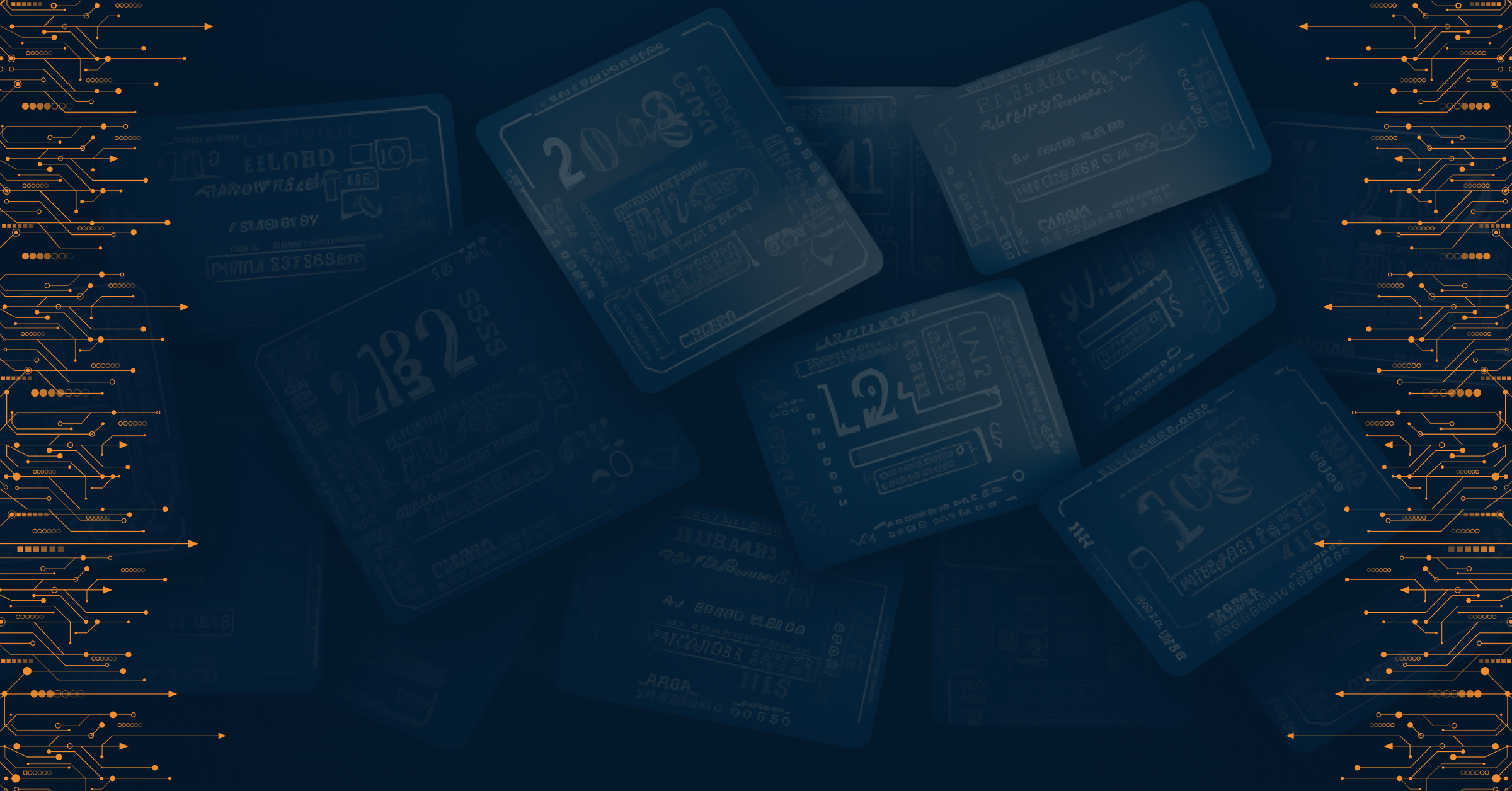
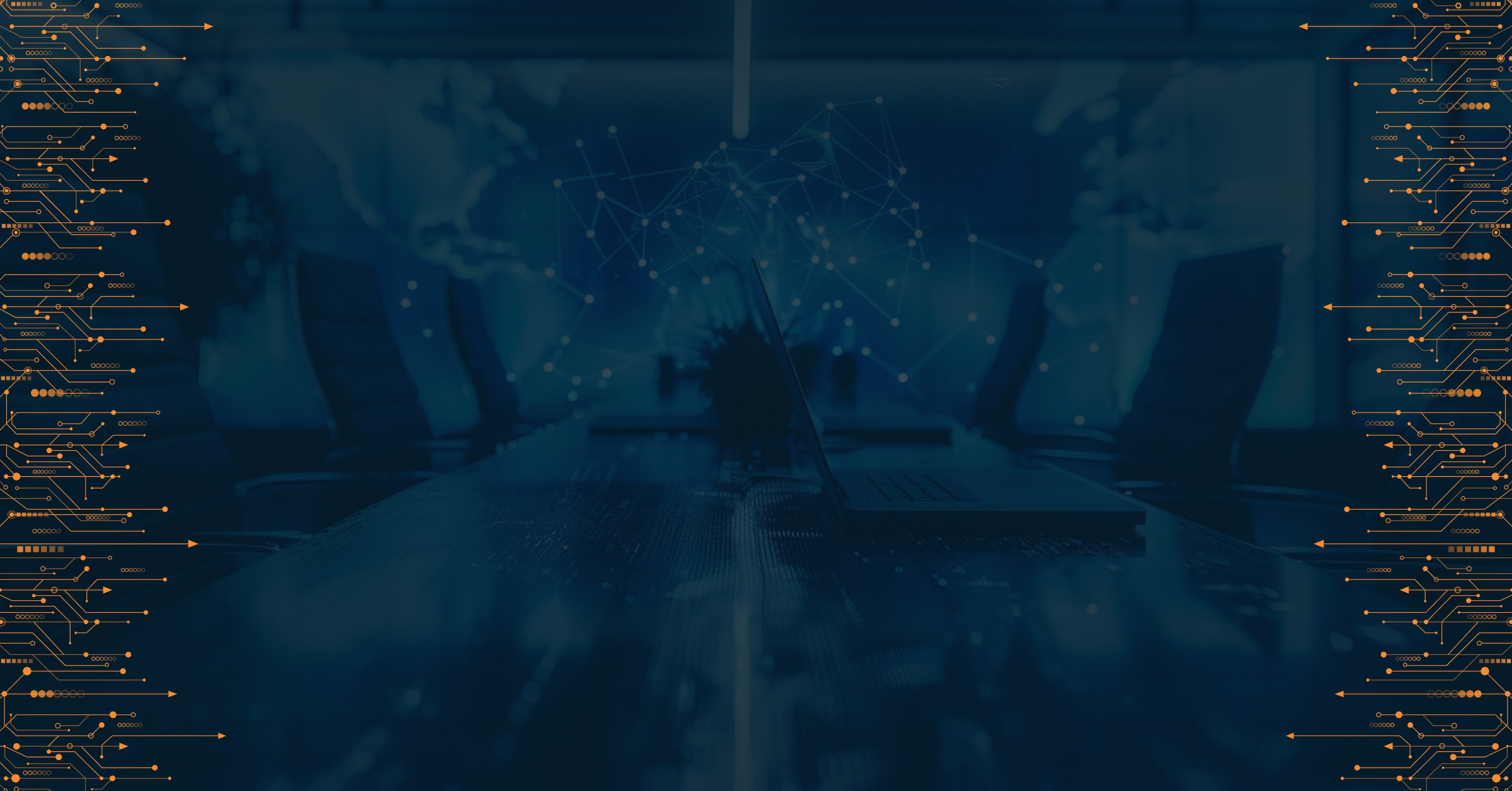
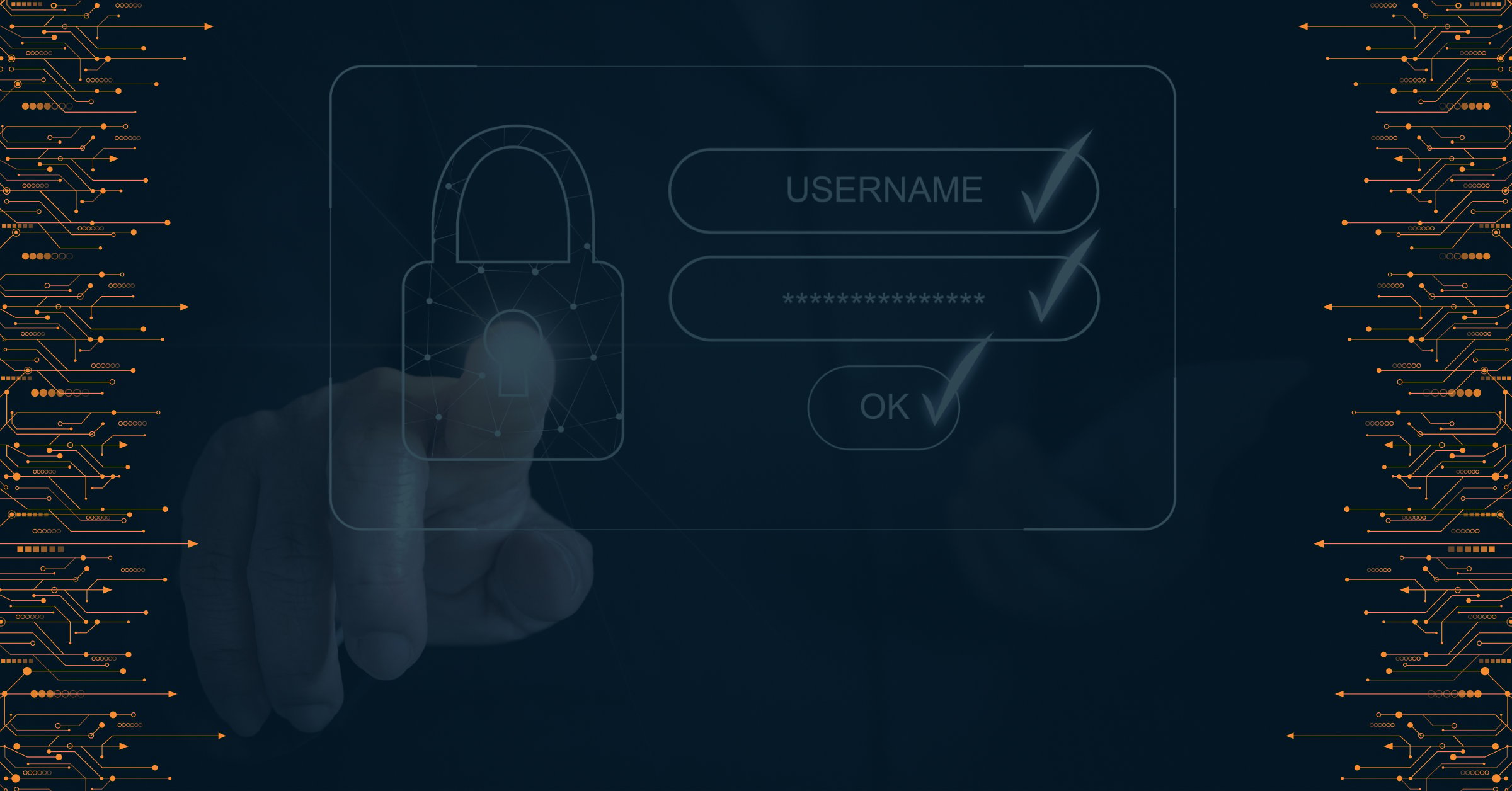
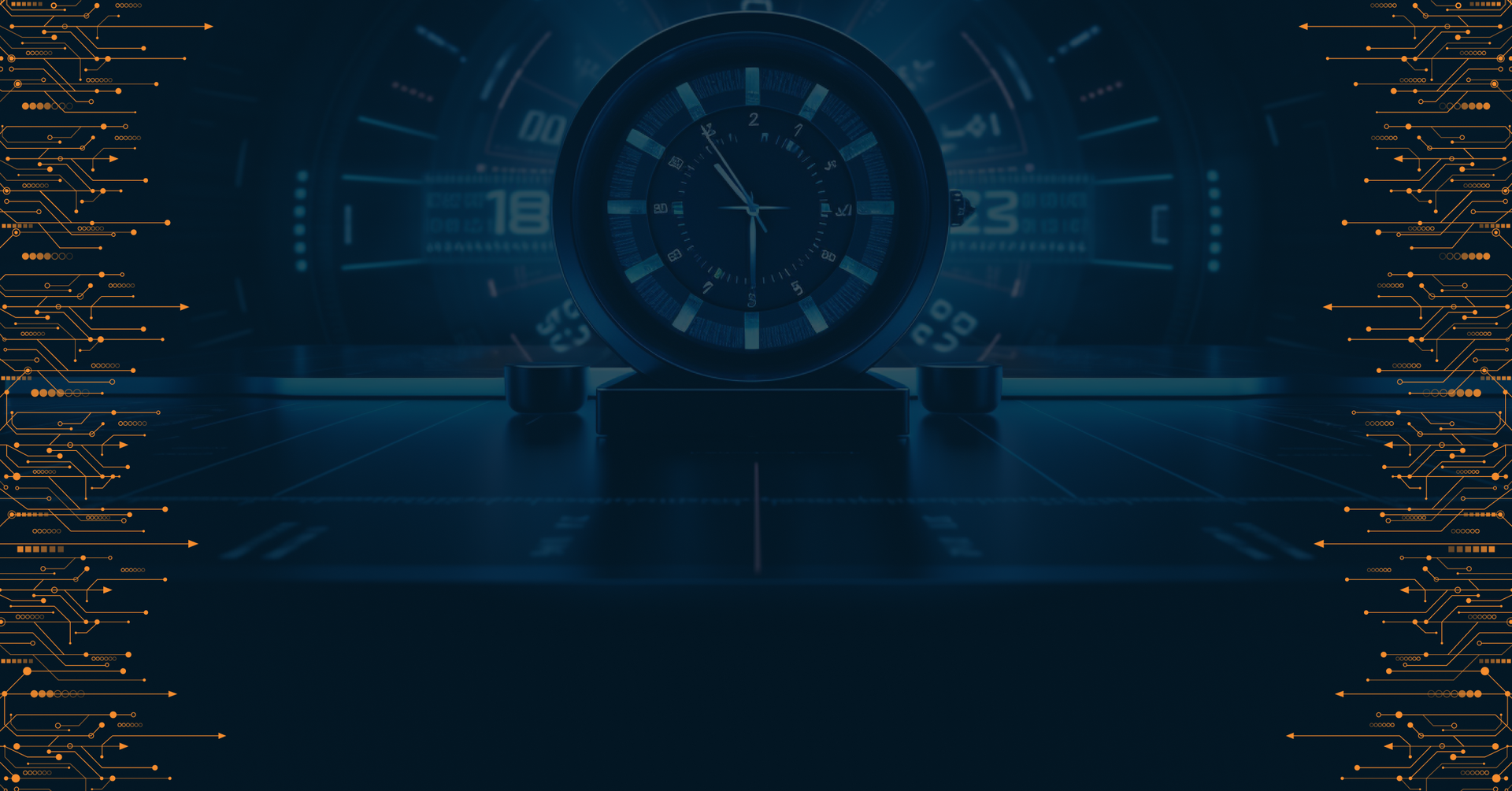

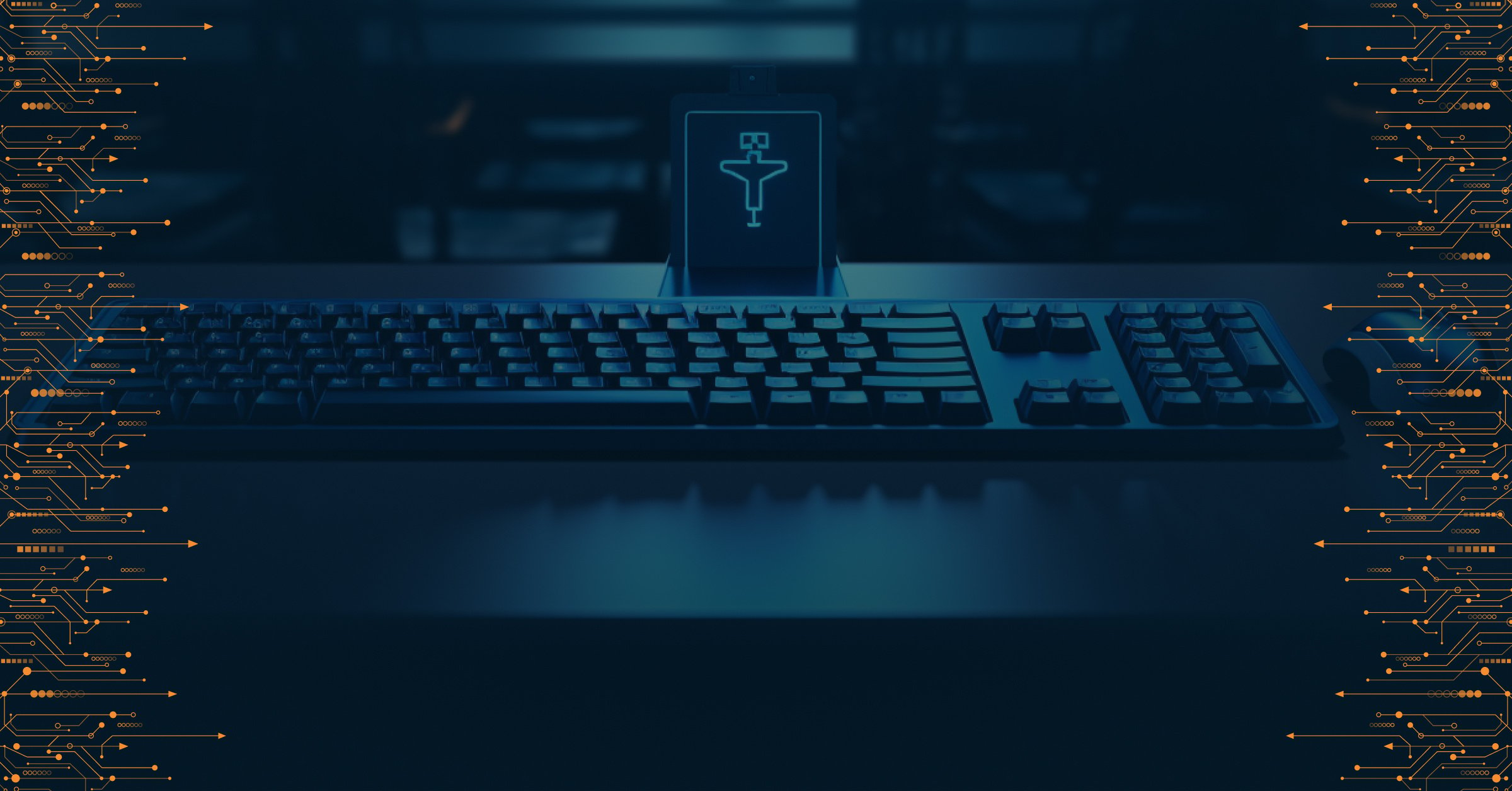
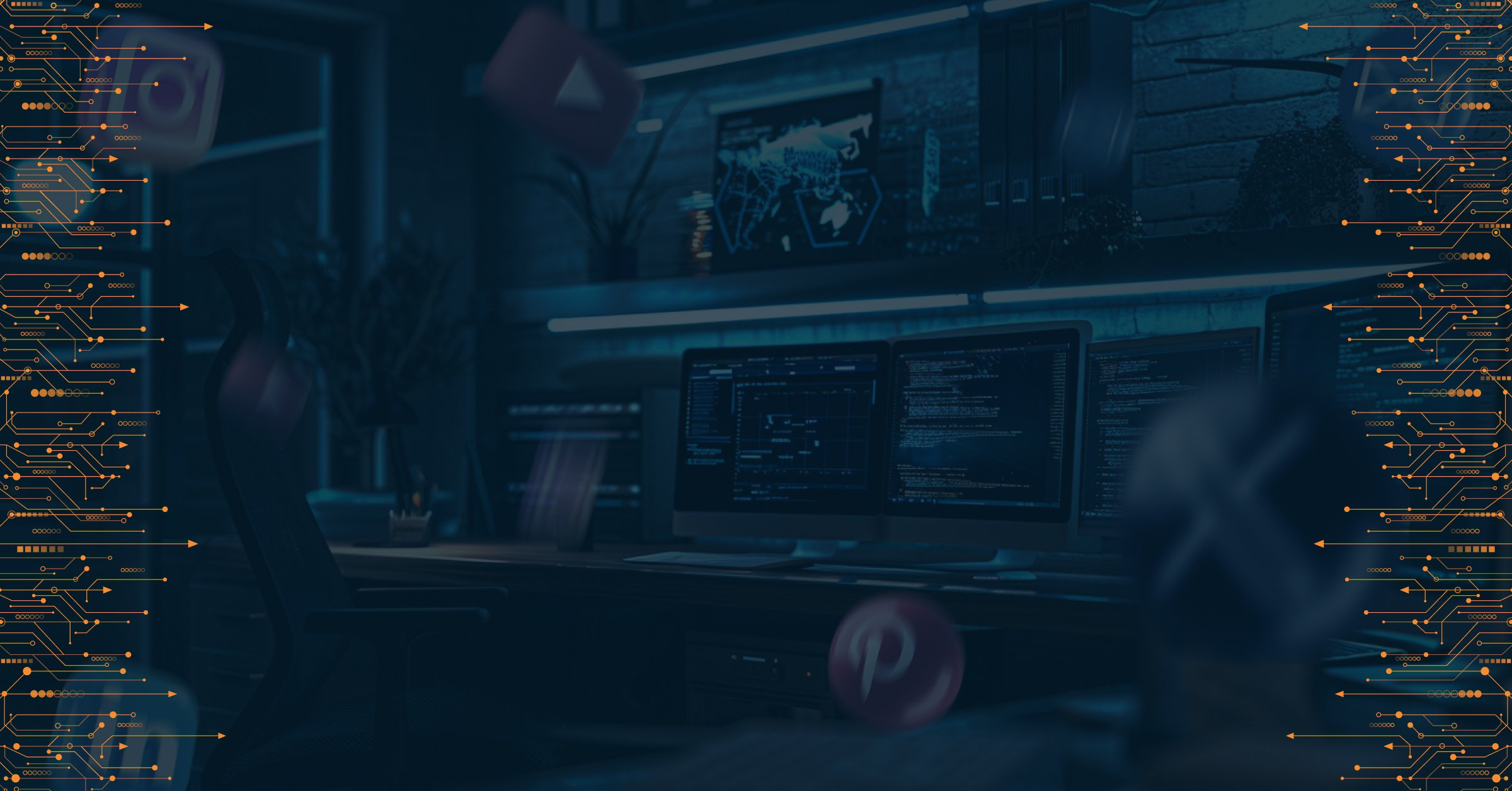
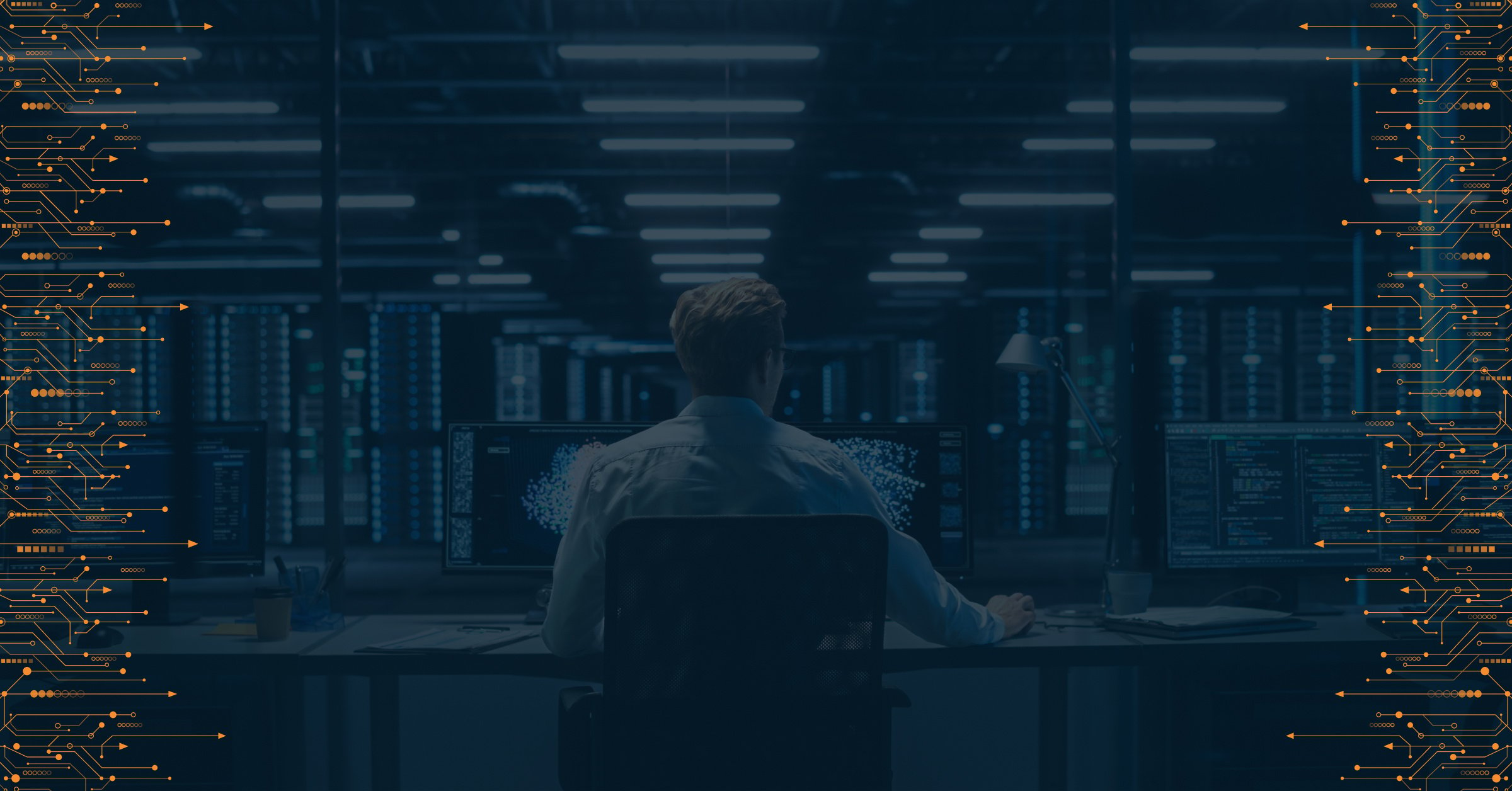
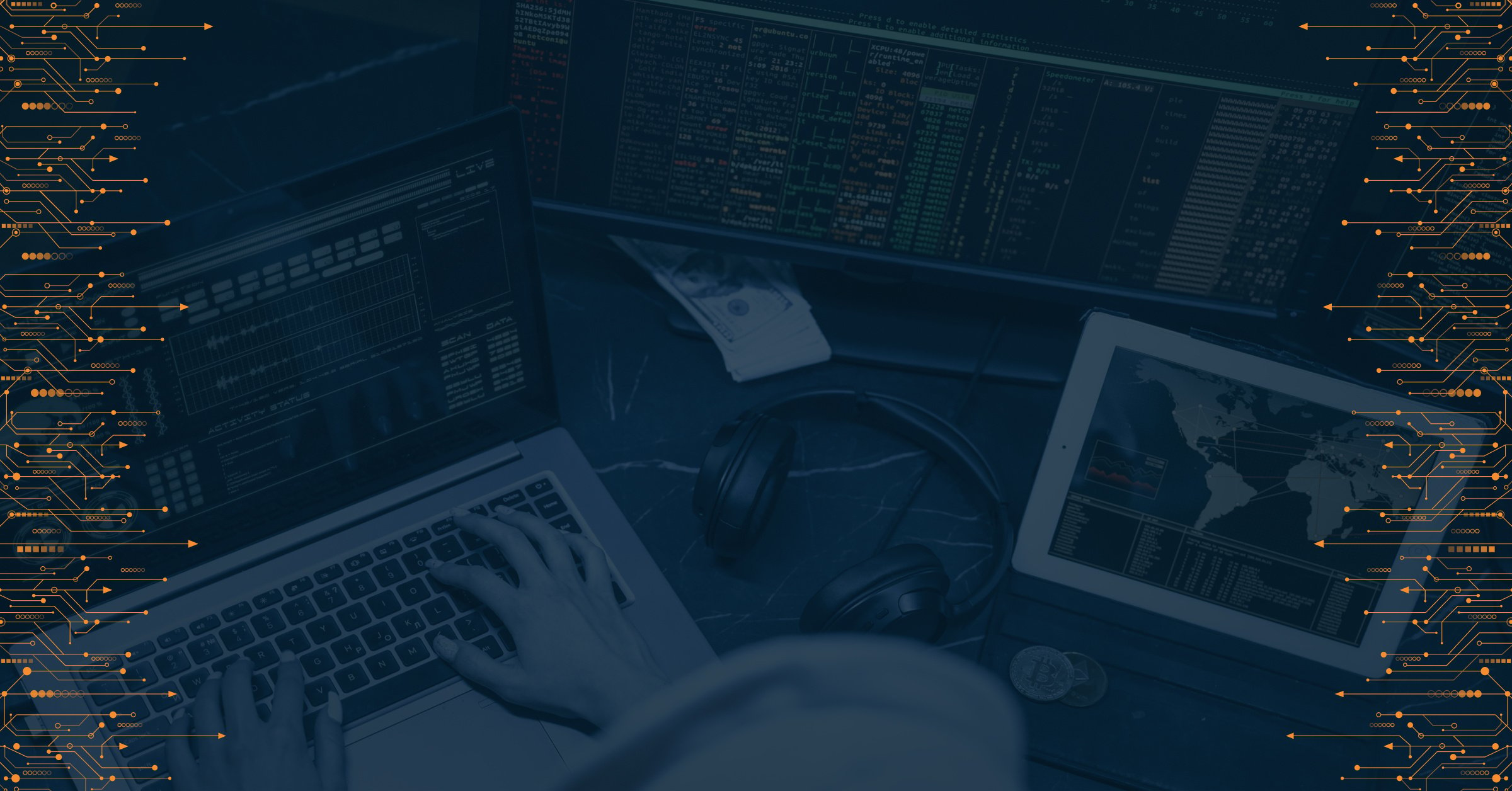
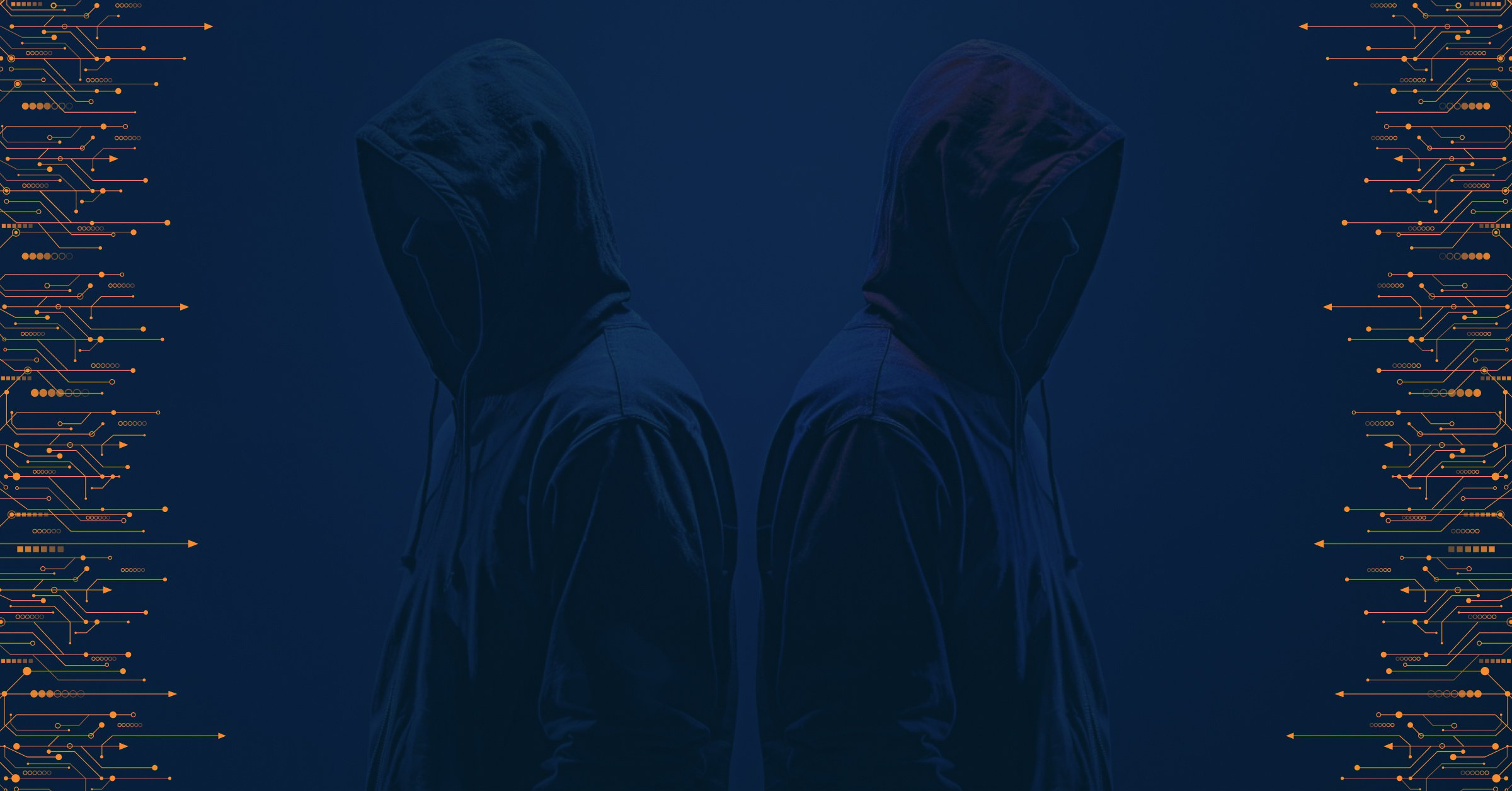

![Compliance with the NIS2 Directive: What Can EU Businesses Do? [Part 2]](https://resources.prodaft.com/hubfs/Europian%202.jpg)
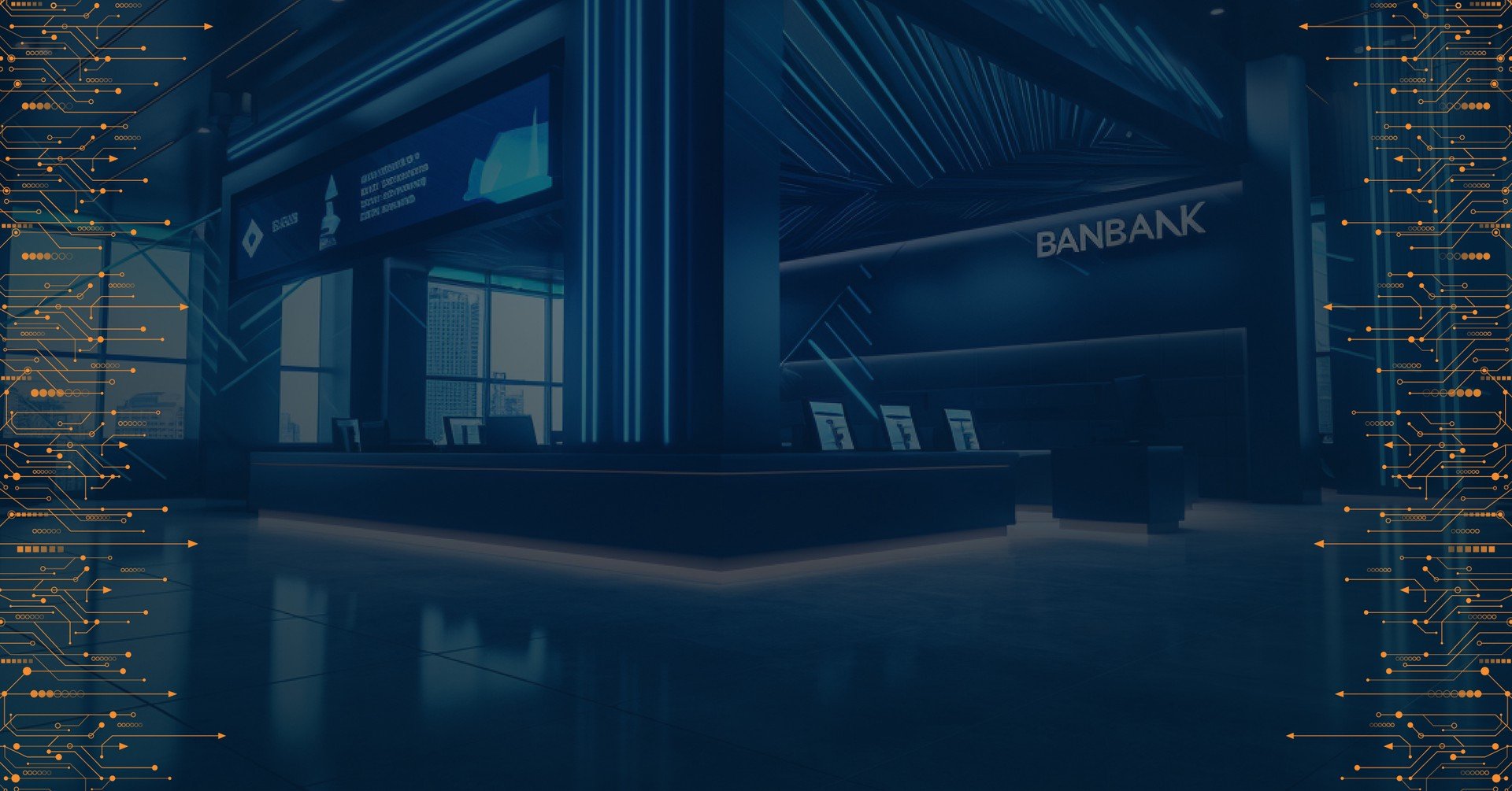
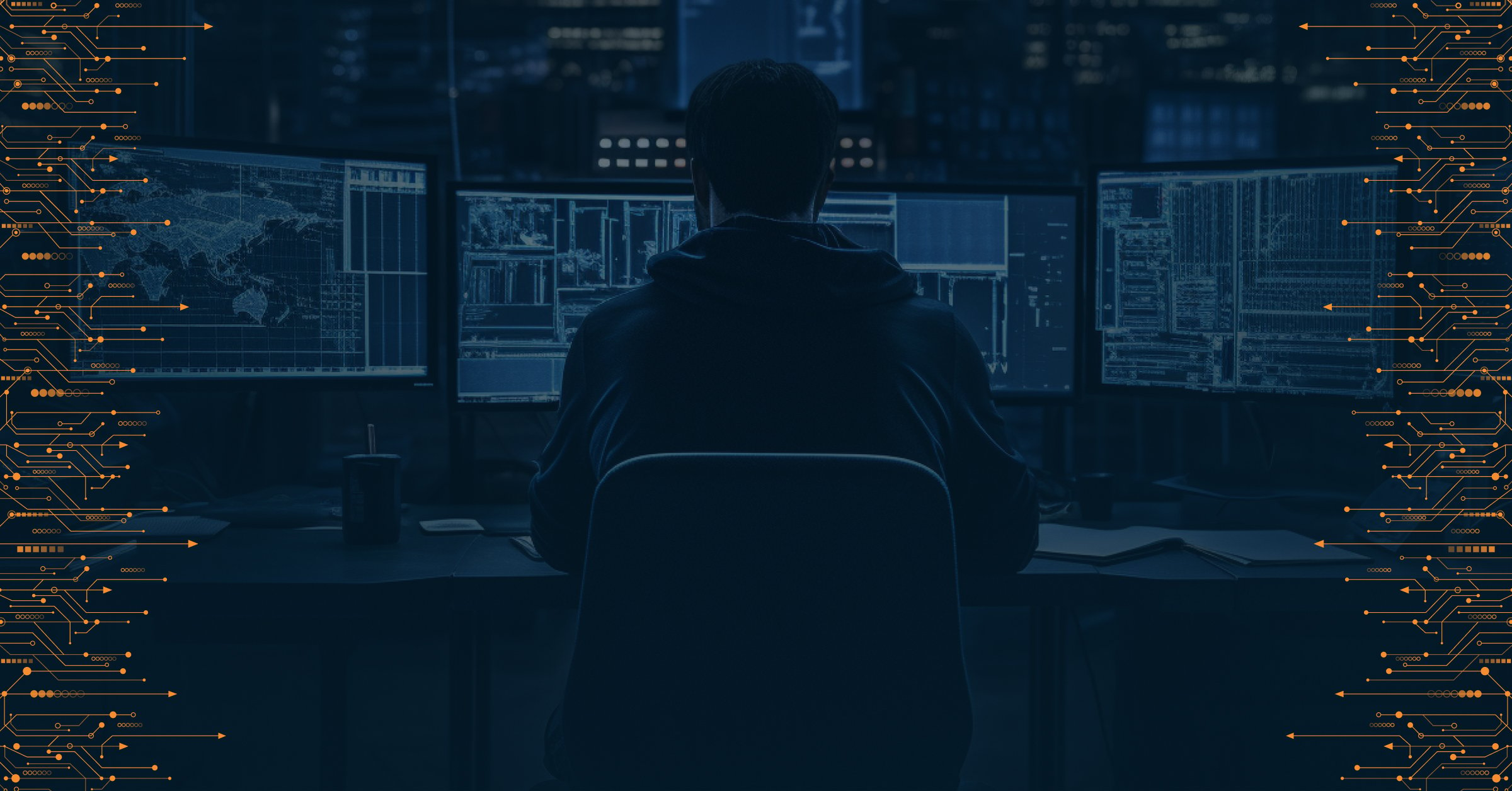
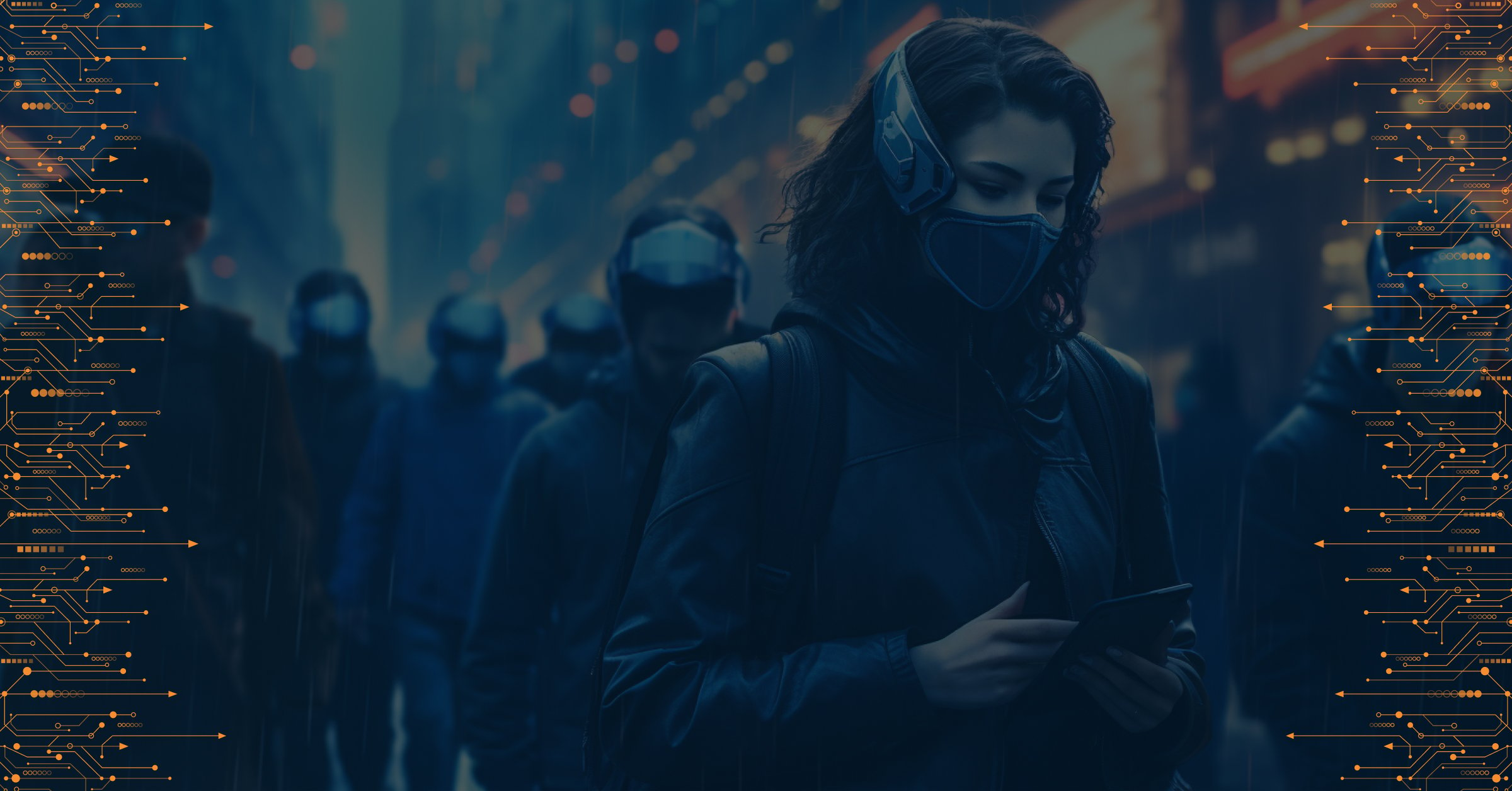
![What EU Businesses Need to Know to Ensure Efficient Compliance with The NIS2 Directive? [Part 1]](https://resources.prodaft.com/hubfs/Europian%201.jpg)
![Cybersecurity and Global Risk: Protect Your Organization from a Deteriorating Risk Landscape [Part 2]](https://resources.prodaft.com/hubfs/5A.%20Cybersecurity%20and%20Global%20Risk%20-%20Protect%20your%20organization-1.jpg)
